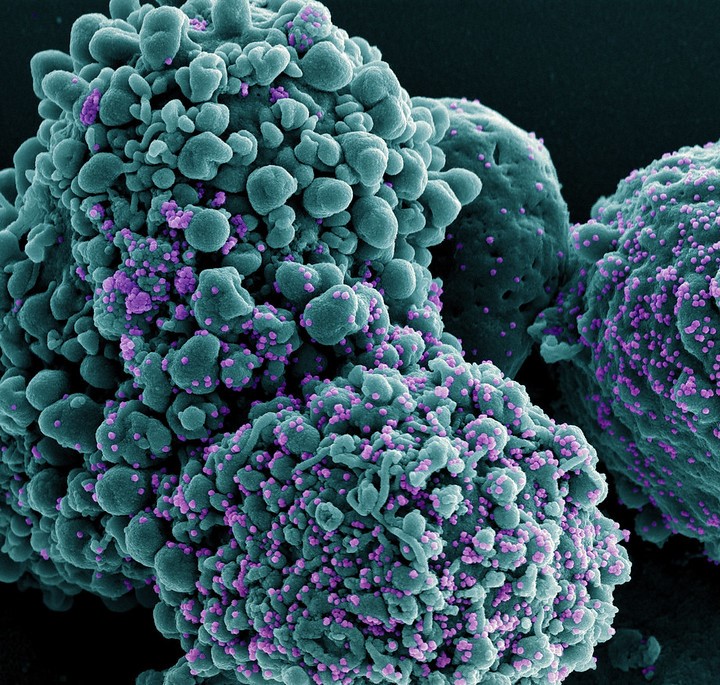
A review of antimicrobial stewardship programs (ASPs) at critical-access hospitals (CAHs) in Iowa and Nebraska found they are hampered by a lack of resources and infectious disease (ID) expertise, researchers reported today in Infection Control & Hospital Epidemiology.
For the study, researchers reviewed self-assessments from ASPs in 21 CAHs (5 in Nebraska and 16 in Iowa) that had self-identified as not meeting all of the Centers for Disease Control and Prevention's seven core elements of antibiotic stewardship and conducted interviews with ASP experts to assess adherence to the core elements.
Full or partial adherence to all seven core elements was reported in only 6 (28.6%) of the 21 hospitals, and five (23.8%) had at least two deficient core elements. The greatest deficiencies were in accountability and education.
Our findings suggest a need for greater emphasis on developing [antimicrobial stewardship programs] in [critical-access hospital] settings.
The most common barriers reported by ASP staff at the 21 hospitals were lack of dedicated resources (75%), lack of ID physicians or knowledge (45%), and lack of electronic medical records (25%). The most frequent high-priority recommendations were providing physician and pharmacist ASP leadership training (90.5%), tracking antimicrobial stewardship interventions (57.1%), and providing and tracking educational activities (57.1%).
Telestewardship could help
The study authors said the lack of ID expertise is not surprising, given that CAHs are located in rural areas and tend to lack staff with ID expertise.
"Our findings suggest a need for greater emphasis on developing ASPs in CAH settings, given unique barriers to establishing and maintaining successful ASPs," they wrote. They add that one potential strategy is the use of telestewardship, which enables hospitals that don't have ID physicians on staff to virtually connect with ID experts.


















